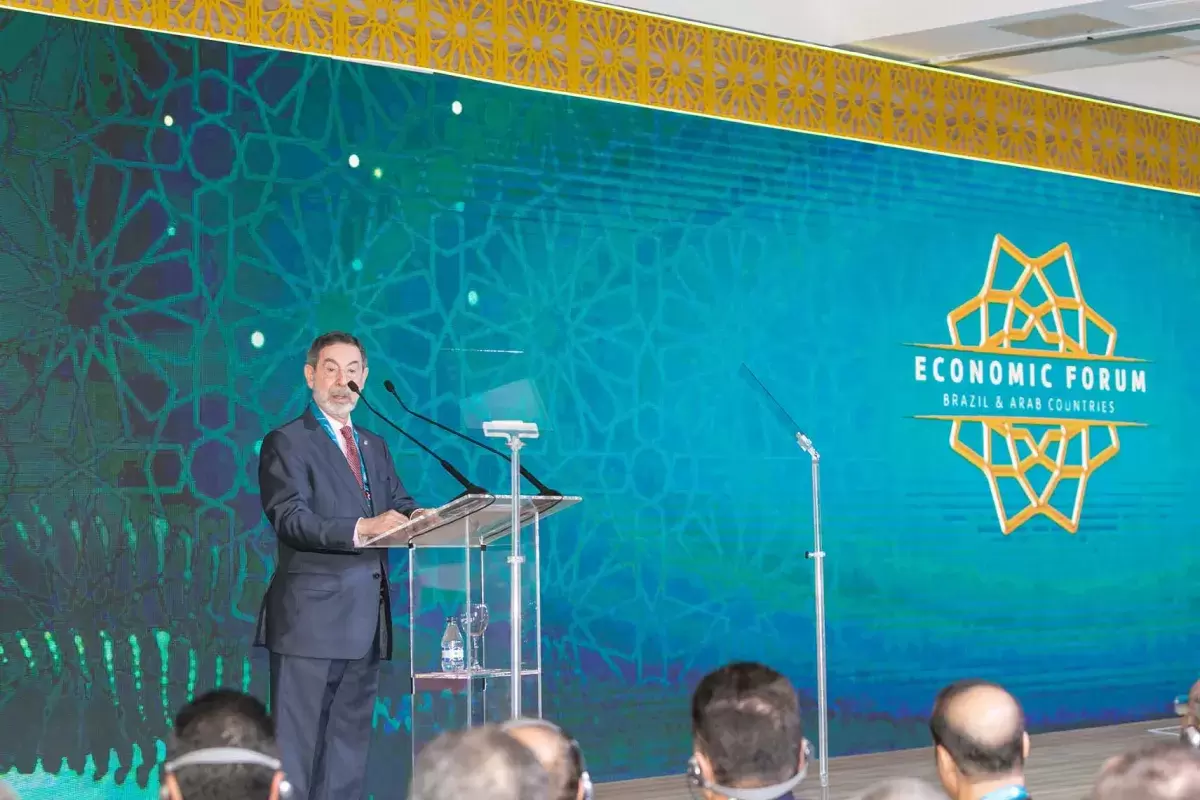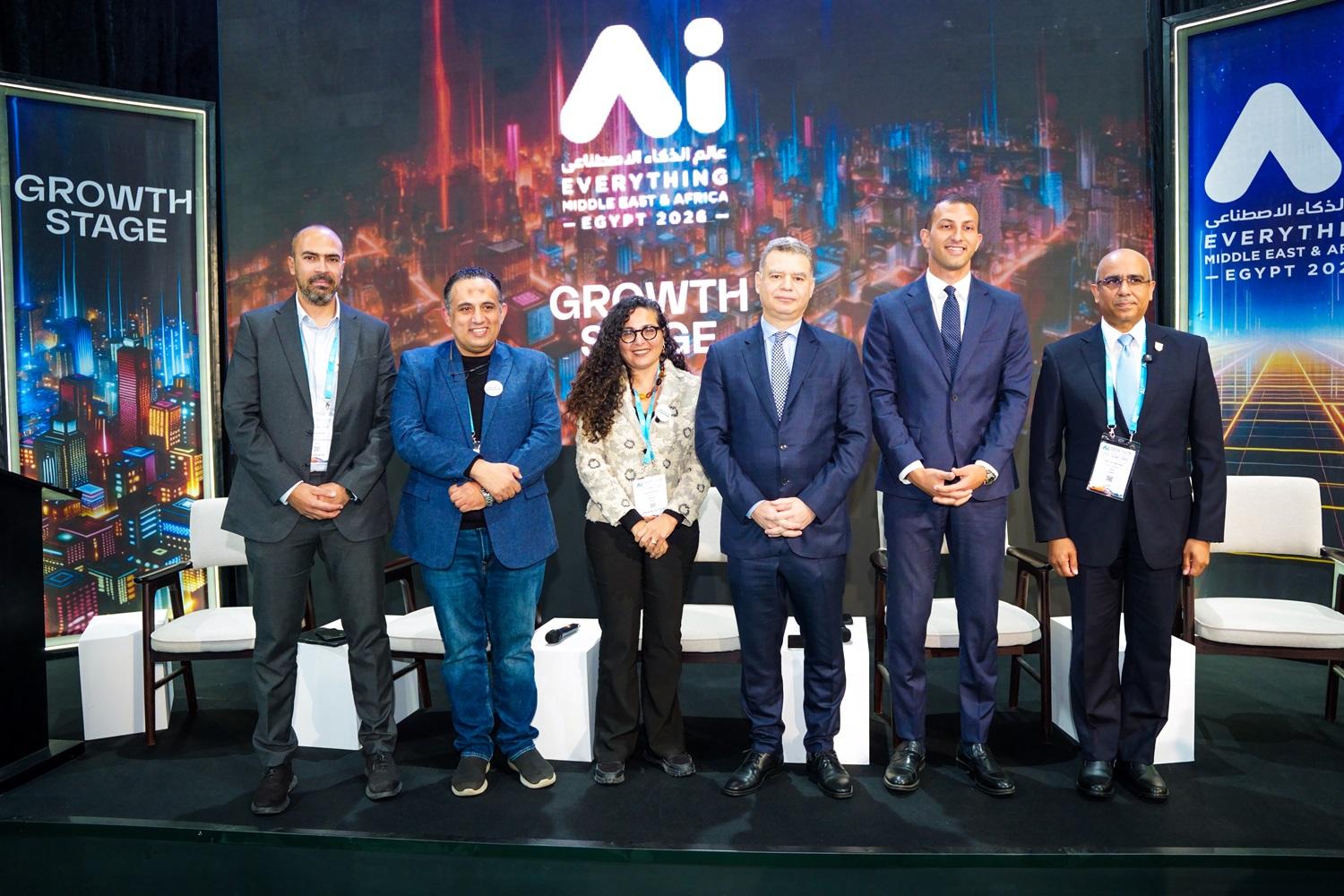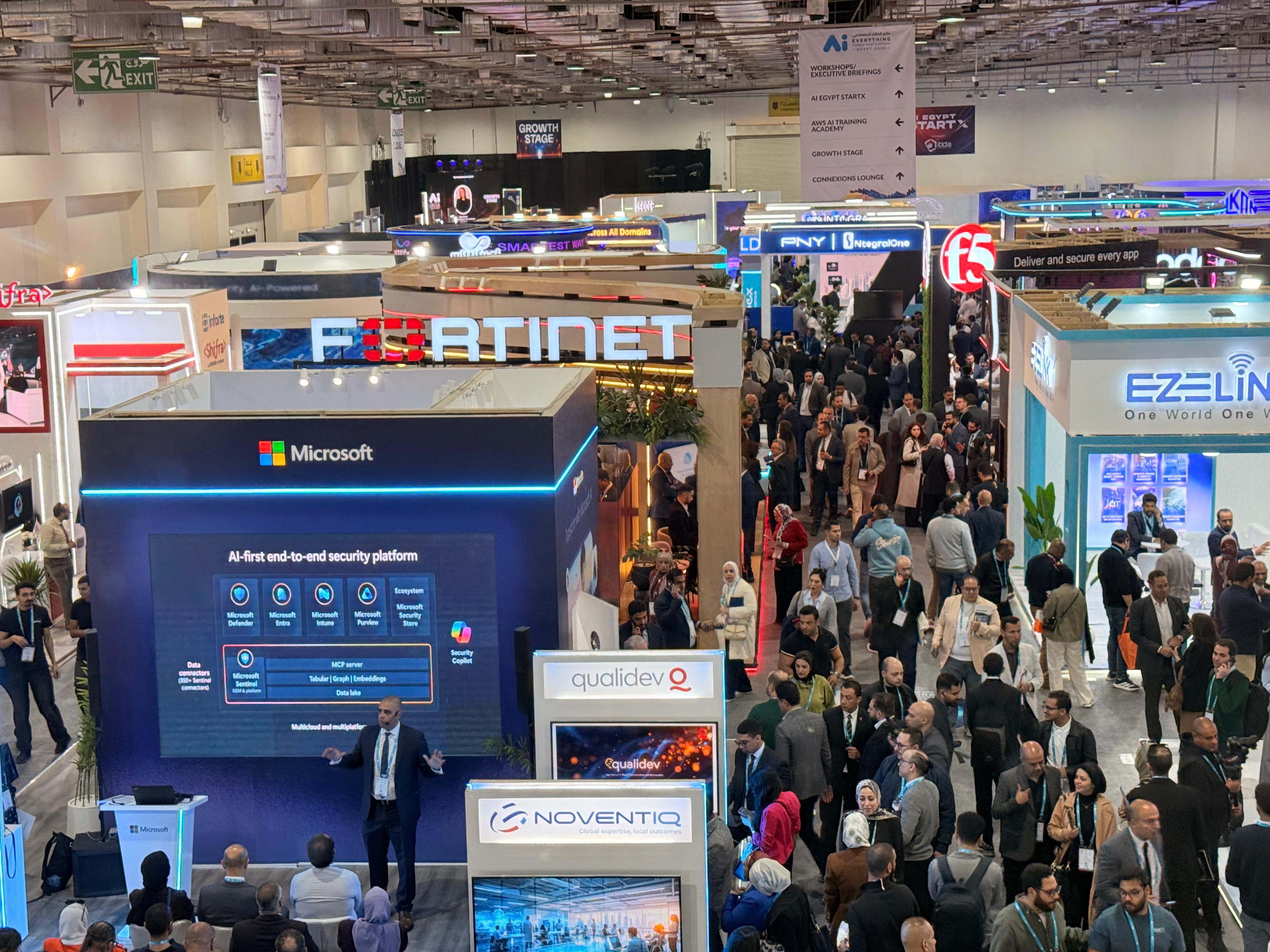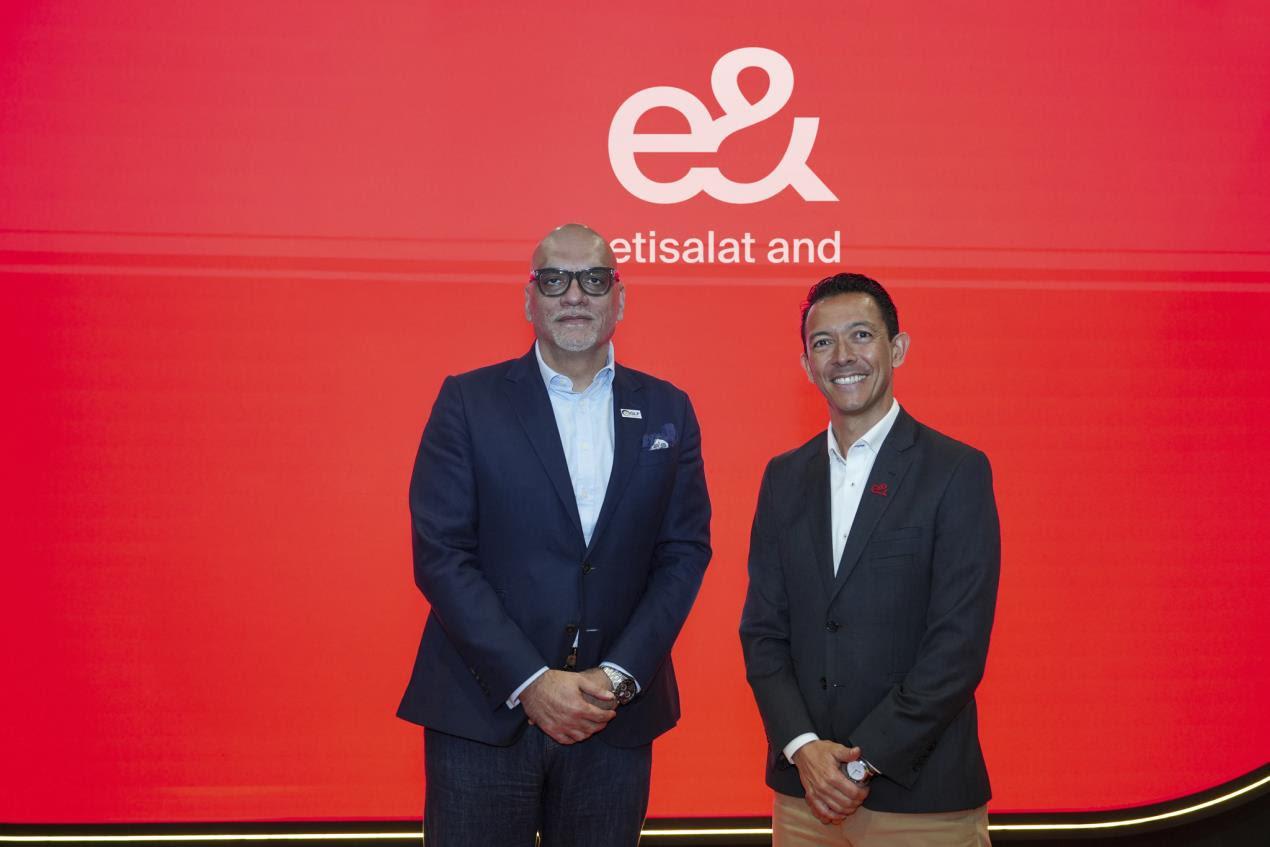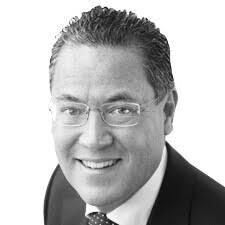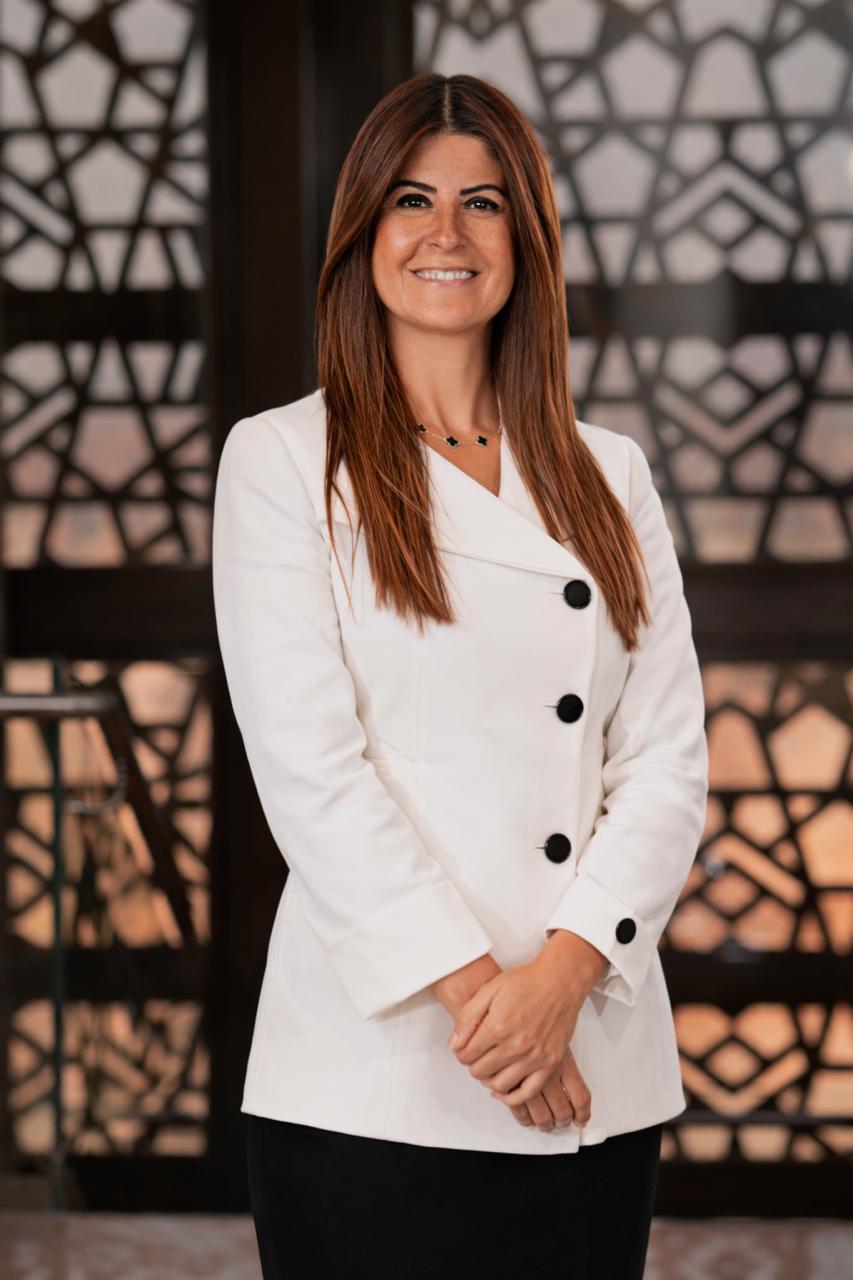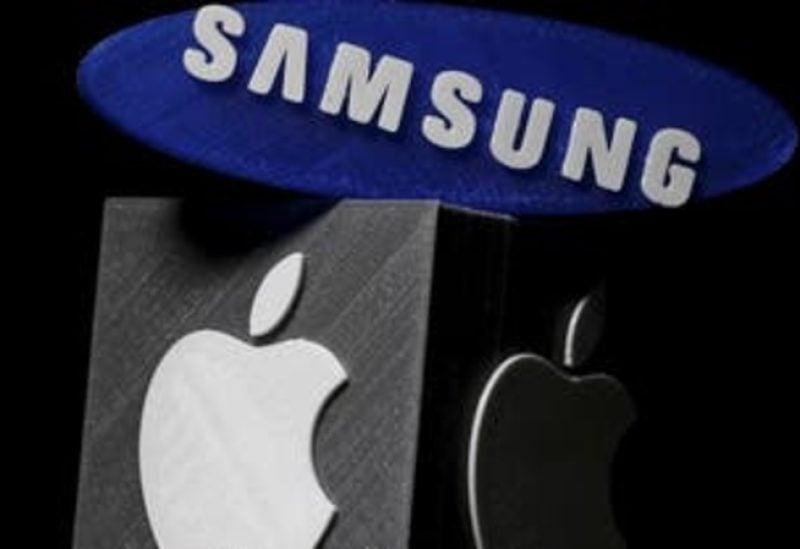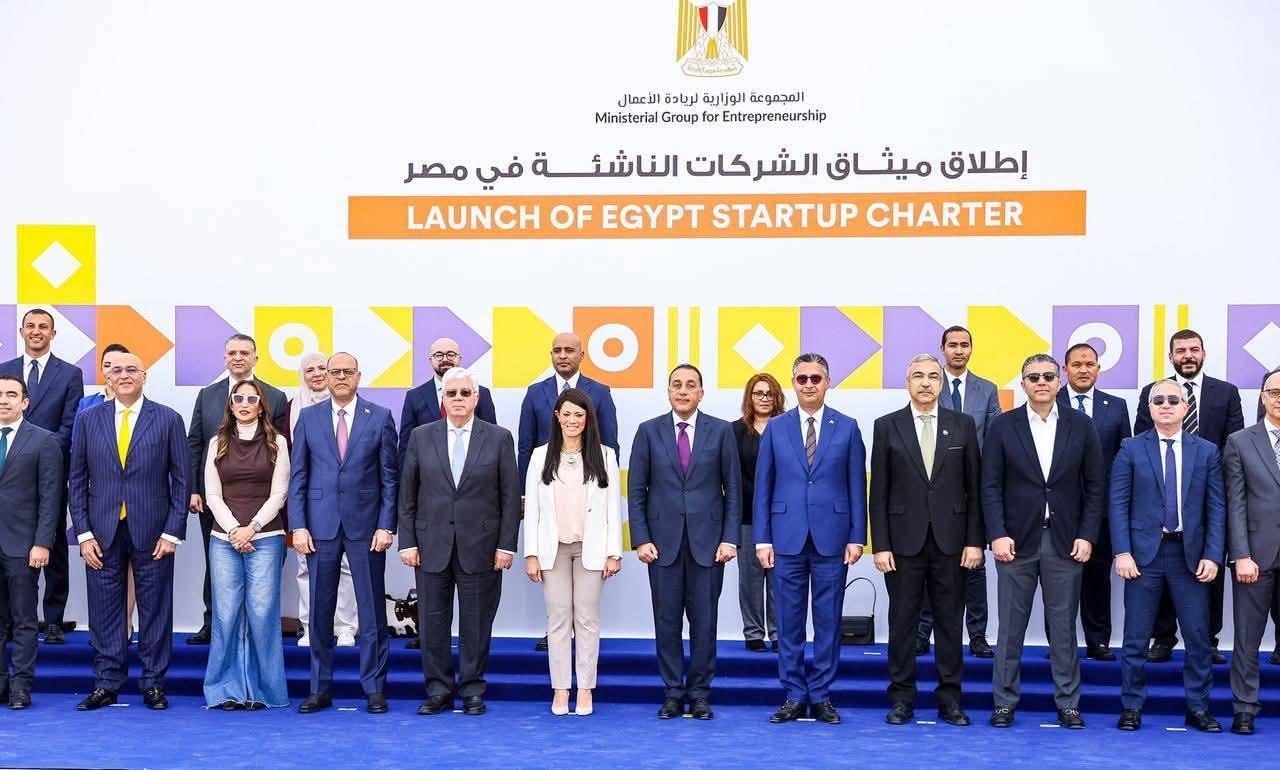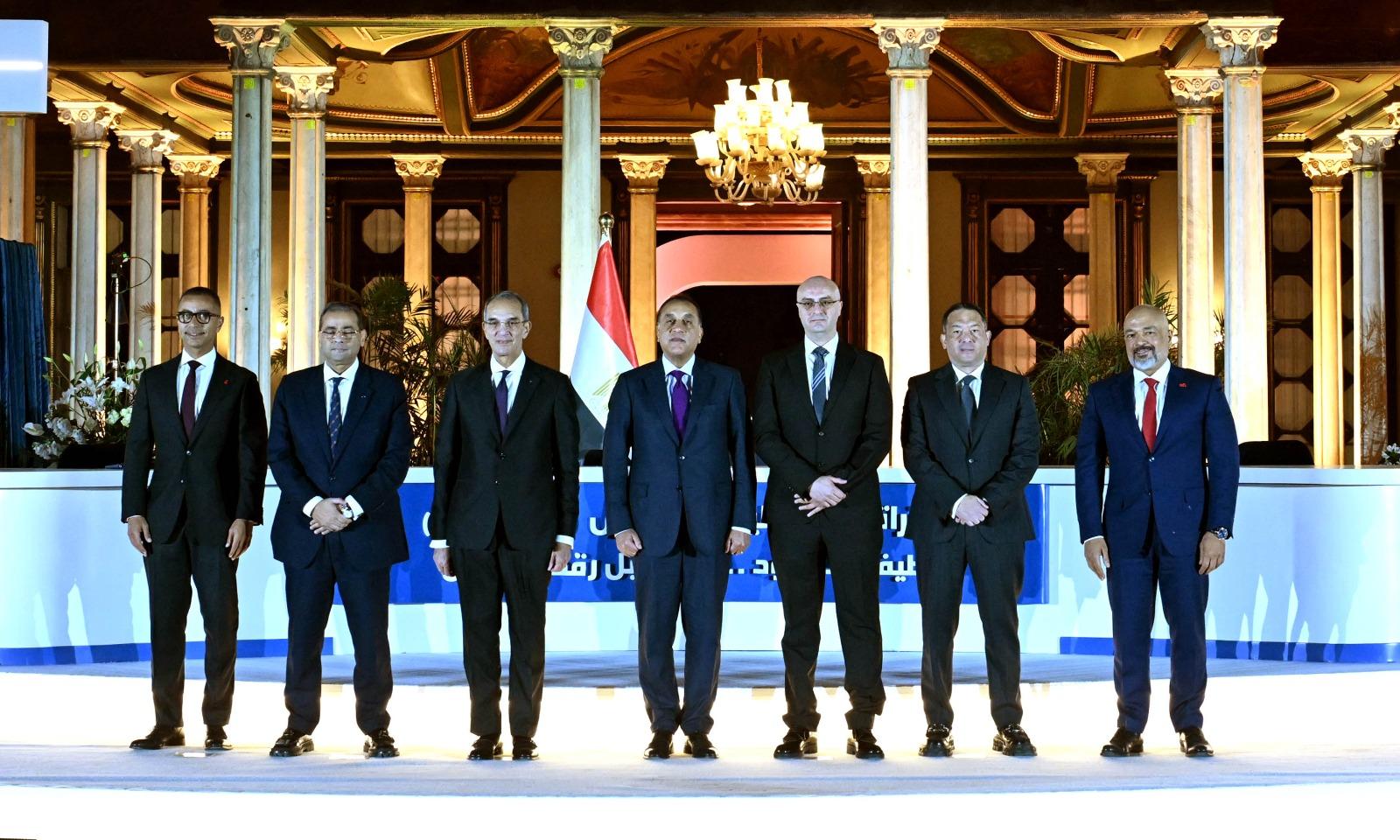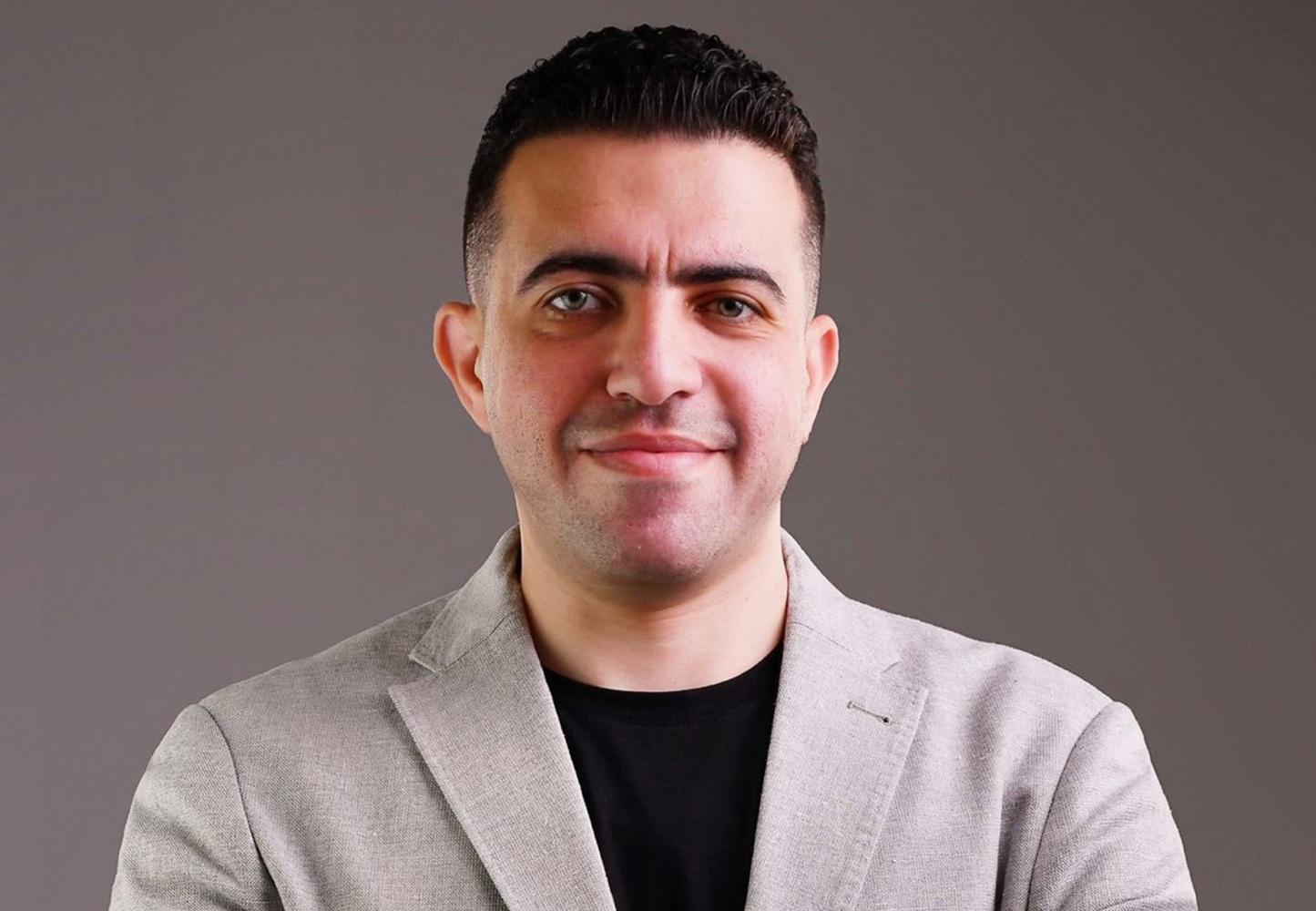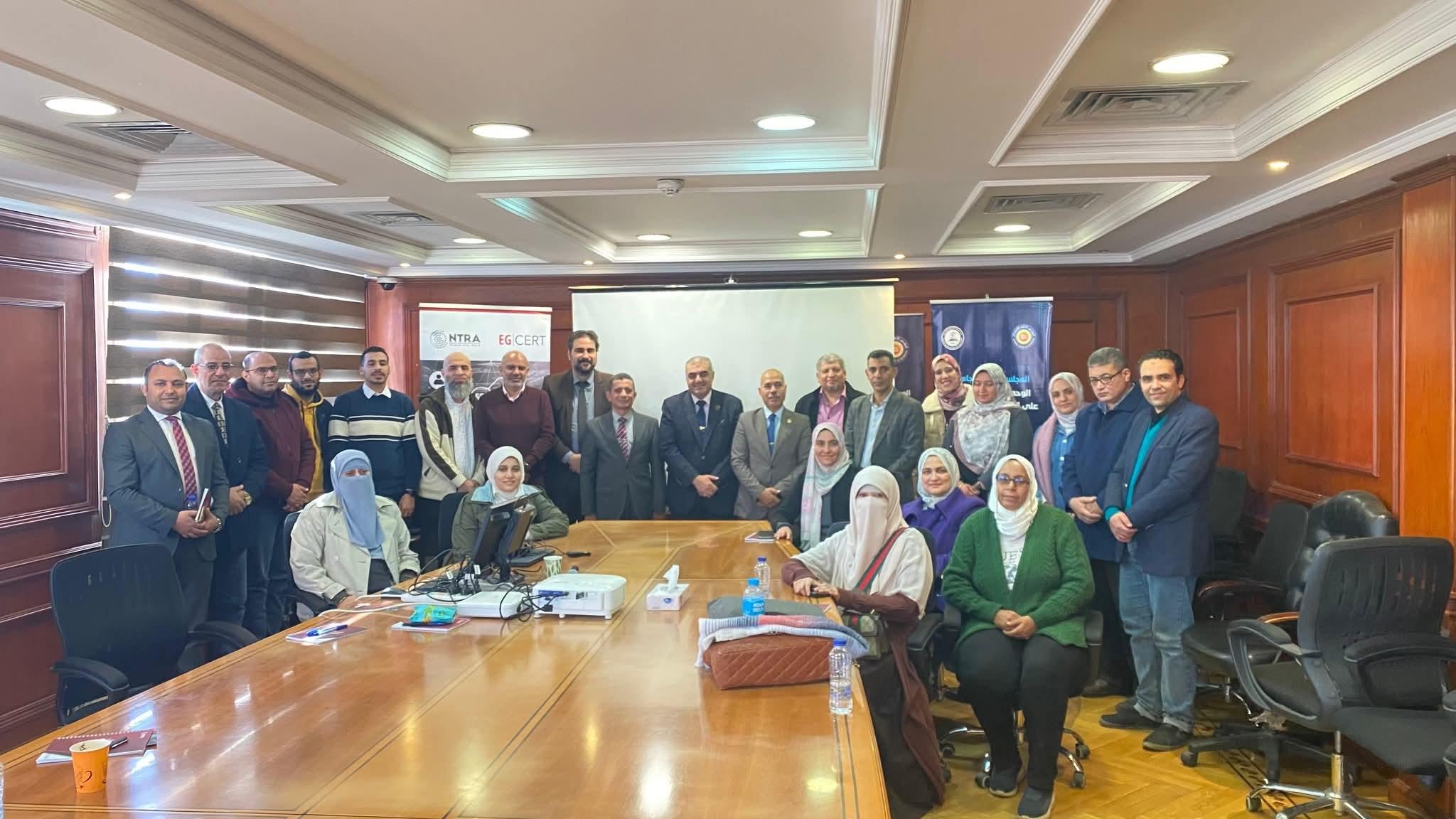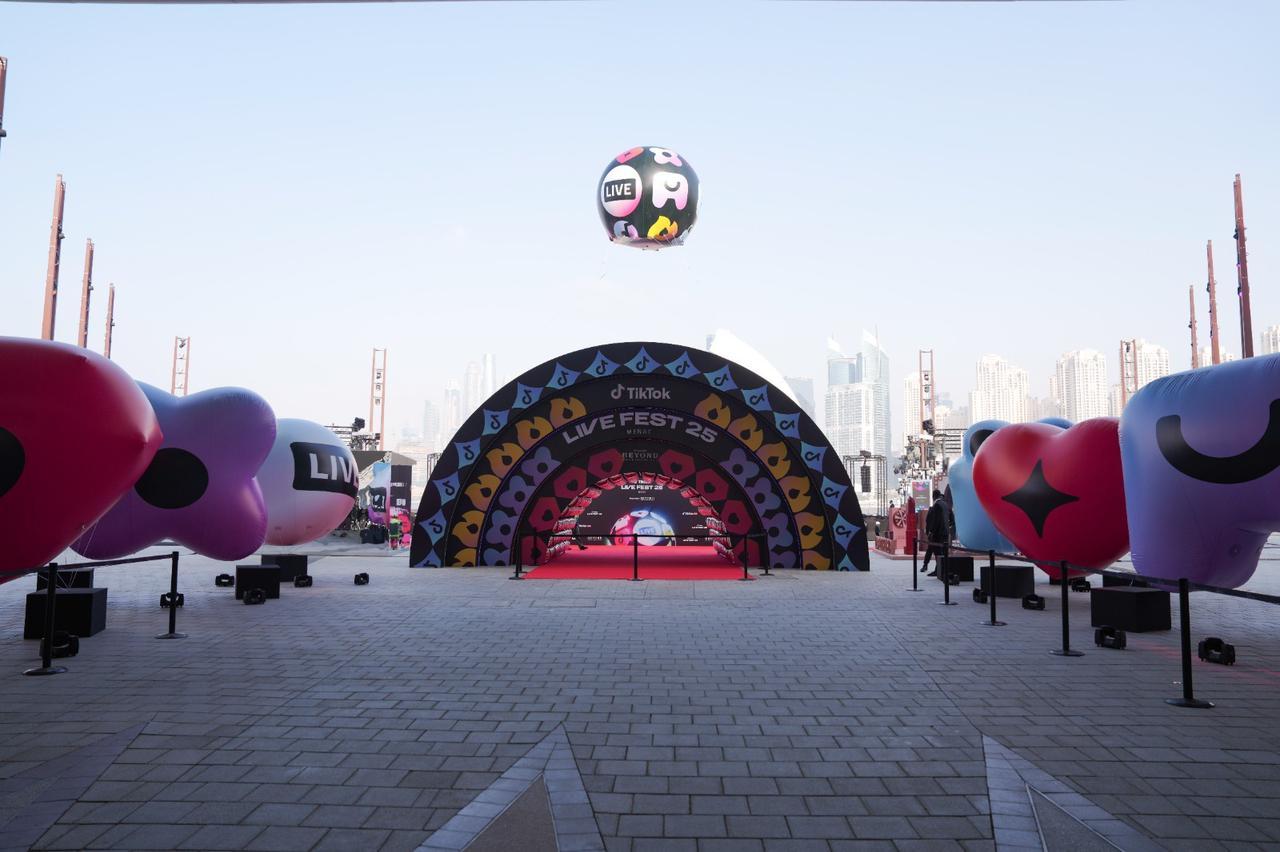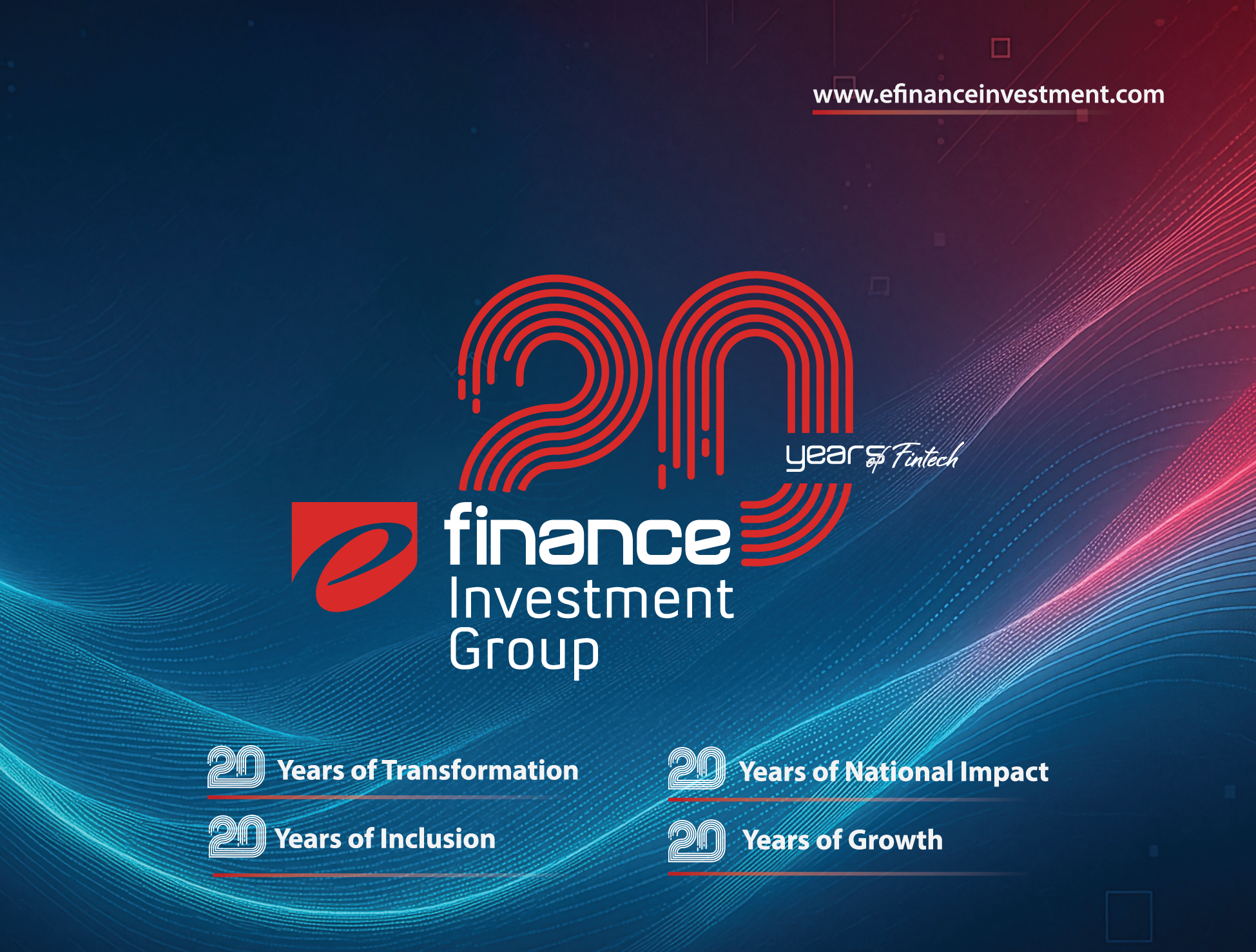By : Rasha Hussein
Flávio Rocha, Strategic Affairs Secretary of the Brazilian Presidency of the Republic, highlighted how Brazil offers the Arab countries a lucrative business climate and strong legal security for businesses, that has already attracted investments worth over USD 185.45 billion in key sectors such as infrastructure, energy, and sewage disposal. The discussion was held at the Economic Forum Brazil and Arab Countries, which brought together several notable players from both regions. Over 300 members, from diplomats and state authorities to entity heads and entrepreneurs, attended the event held by the Arab Brazilian Chamber of Commerce (ABCC) at the Renaissance Hotel.
According to Lucas Ferraz, Foreign Trade secretary of the Brazilian Ministry of Economy, the current business environment is the result of a series of measures adopted by the federal government to reduce the ‘Brazil Cost’ and expand the country’s global market participation. A few measures were highlighted by Ferraz, which included the reduction of taxes and bureaucratic barriers, as well as expanding trade agreements with other countries and economic blocs.
Similarly, Jair Bolsonaro, Brazilian President of the Republic, further stated how the Arab world is the third largest foreign market for Brazil, after China and the United States. Trade flow between Brazil and 22 countries from the Arab league reached USD 24 billion in 2021, with exports to the bloc totaling to USD 14.42 billion, which is a 26 per cent increase in revenue. Similarly, exports from Brazil to the Arab world grew from USD 4 billion between January and April in 2021 to USD 5.2 billion in the same period of 2022. In addition, the Arab blocs sealed the fifth place among the top exporters of goods to Brazil, with the purchase volume of Arab products reaching USD 9.82 billion in 2021, an 82 per cent increase from the previous year.
Furthermore, Brazil is now the world’s-largest exporter of halal protein. In addition to poultry and beef, exports of sugar, soybeans, and wheat have also increased significantly
Rocha said: “Brazil and the Arab world have a multitude of business opportunities to develop together, and the present business environment facilitates this growth, further strengthening the economic ties between the regions.”
Bolsonaro stated: “One of our key objectives is to reach agreements with Arab countries to facilitate investments and prevent double taxation. The results of the free trade agreement with Egypt serve as an inspiration for other initiatives within Mercosur, such as the ongoing negotiations with the United Arab Emirates. We firmly believe that the prospects of economic cooperation between Brazil and the Arab world have only begun to be explored.”
Osmar Chohfi, President of the ABCC, believes the bilateral trade relationship between Brazil and the Arab world gained momentum at a past juncture in the global context when various nations had to adjust to novel and challenging trade and economic conditions. He stated: “There is a need for more agreements of this nature, along with a forum, where we can identify ways to resolve obstacles and sensitivities that prevent free trade agreements between Brazil and Arab countries.”.
“This is also in reference to the 1970s and 1980s, when Brazil increased its trade with the Arab world through its evaluation and balance policy. This trend further continued into the 1990s and these two decades of the twenty-first century. Brazil's companies participated in the exchange with oil, gas, fertilizers, vehicles, airplanes, construction materials, and engineering services, developing a significant and highly complementary trade with Arab countries over the years," added Chohfi.
Sameer Abdulla Nass, Vice President of the Union of Arab Chambers (UAC) and President of the Bahrain Chamber of Commerce and Industry (BCCI), highlights another critical point in Brazil-Arab country relations being the elimination of logistical bottlenecks by establishing direct sea routes between Brazilian and Arab ports. This helped result in lower shipping costs and increased volume of bilateral trade, increasing revenue and improving strategic ties.
“The growth in trade between the Arab world and Brazil is evidence that we still have several opportunities to be taken advantage of, even in the face of the COVID-19 pandemic and the global economic crisis. In order to benefit from the numerous advantages already present in Brazil and the Arab countries, we must intensify our economic cooperation and make high-quality investments on both sides,” said Nass.
Osmar Chohfi, President of the ABCC, and Augusto Pestana, President of the Brazilian Trade and Investment Promotion Agency (ApexBrasil), signed a term of commitment to an agreement to promote halal business in the years 2022 to 2025 at the beginning of the Economic Forum Brazil and Arab Countries. The agreement aims to promote halal products internationally, through initiatives organized in countries such as Saudi Arabia, Egypt, Indonesia, South Africa, Malaysia, France, and the UAE. Additionally, it aims to position Brazil as a leading competitor in the market for halal products by highlighting relevant initiatives and accomplishments that will be published globally.
The Economic Forum Brazil and Arab Countries is sponsored by Apex-Brasil, BRF/Sadia Halal. The event is also partnering with Khalifa Industrial Zone Abu Dhabi (KIZAD), FAMBRAS Halal certification, Pantanal Trading, and Embratur. Other companies supporting the event also include Modern Living, CDIAL Halal, Antika, Travel Plus, Parque Tecnológico Itaipu (PTI), and Egyzone.
